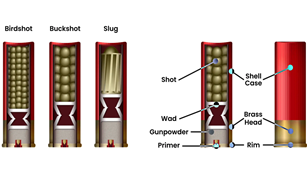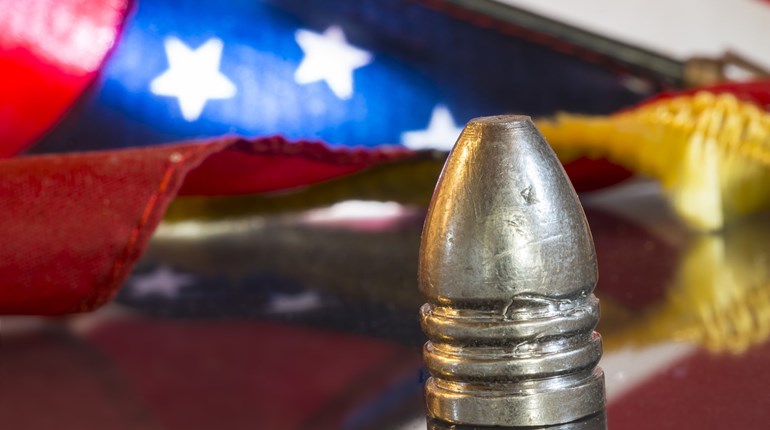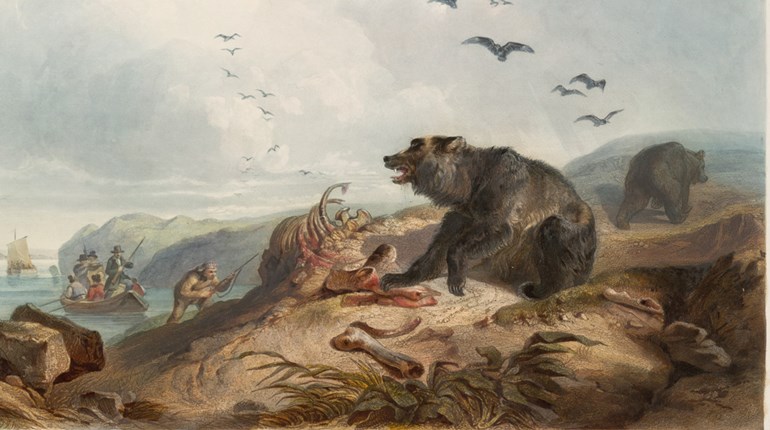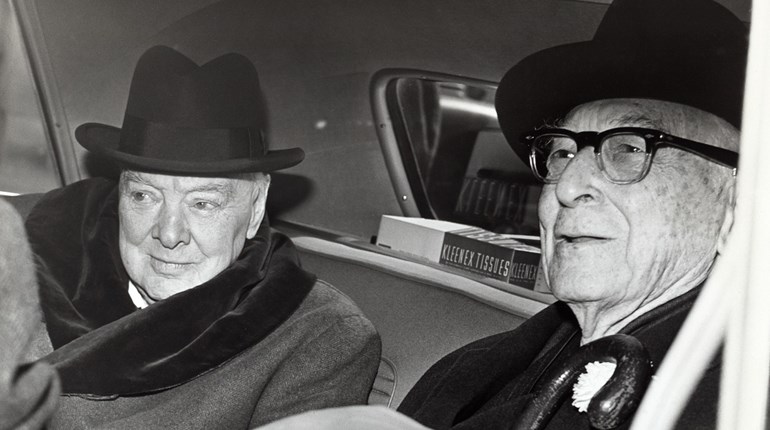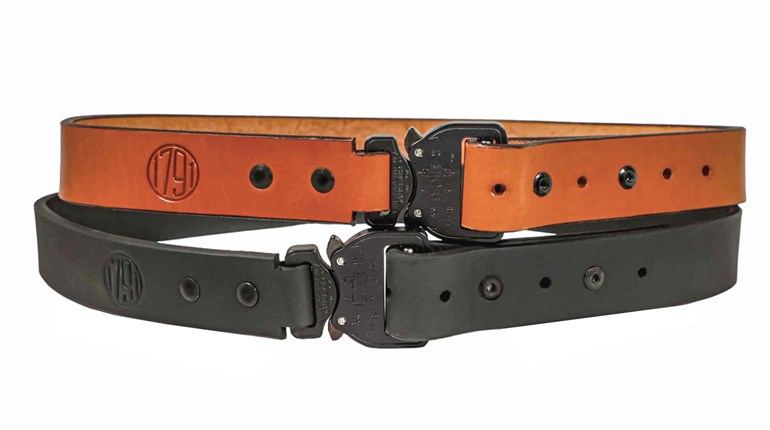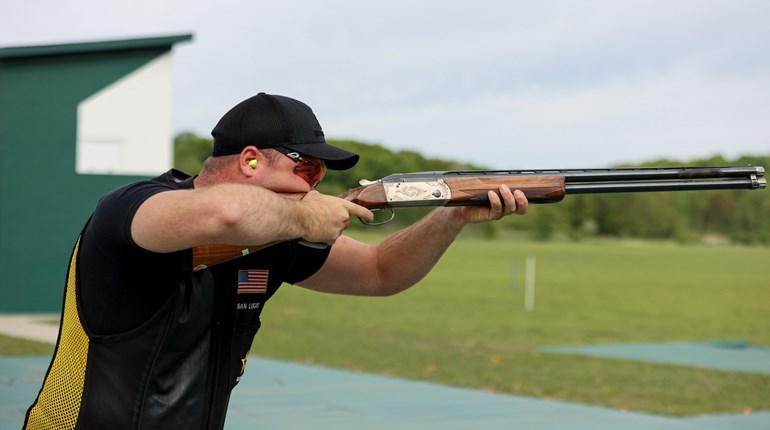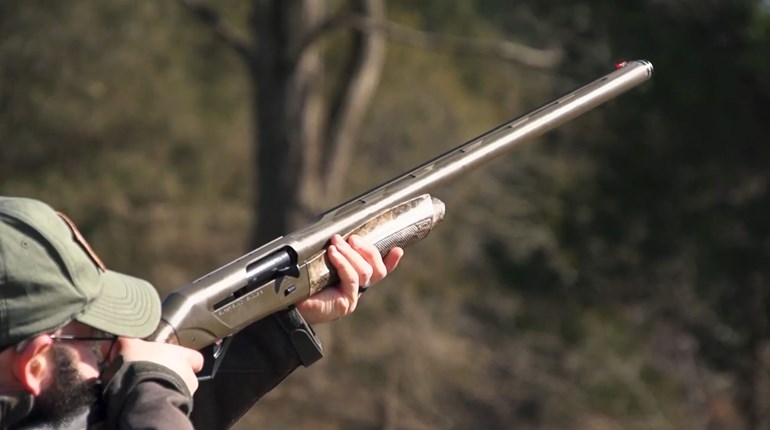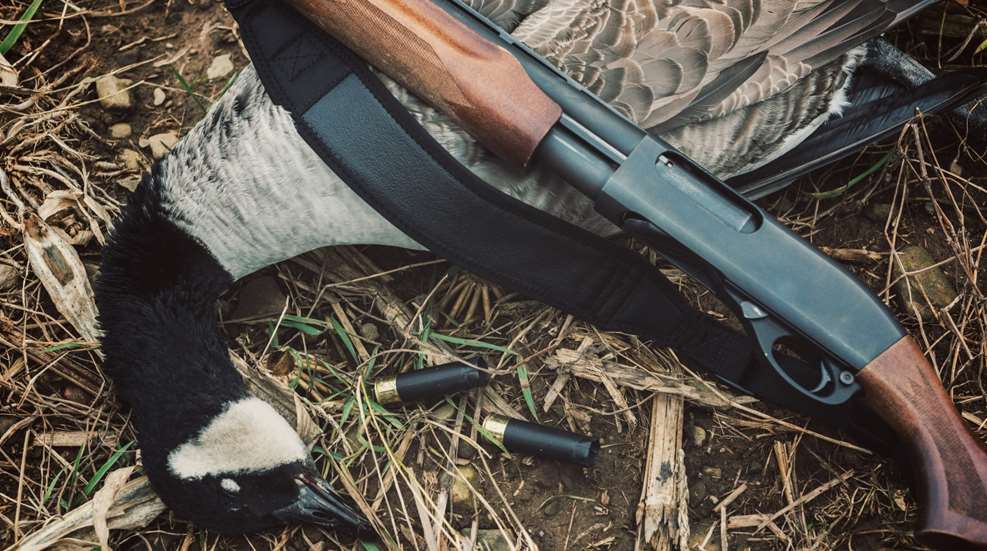
According to the U.S. Fish and Wildlife Service, there are some 39 million hunters in America, or about 12 percent of the population. If you are thinking about joining the ranks of those men, women and young people, there are a few things you should know beforehand.
First of all, understand that choosing to become a hunter is a very worthwhile pursuit, but not a decision to be made hastily or taken lightly. Boiled down to its most basic element, you will be taking the life of a game animal. Know, too, that to become a skilled, proficient hunter takes years. But that lengthy, adventurous, fun-filled journey will reward you with life experiences like no other, creating cherished memories with friends and possibly family members that will last a lifetime.
Through hunting, you will also learn things about yourself. For instance, are you an ethical person? While growing up, most young people participate in a ball sport or two: baseball, basketball, football, soccer, volleyball, etc. When doing so, you quickly learn that there are referees and umpires closely watching you play. Field sports, however, particularly hunting, aren’t that way.
Yes, there are referees and umpires in hunting—we call them wildlife officers or game wardens—but they are relatively few compared to the vast number of hunters, and those law enforcement officers can’t be everywhere at once. So, obeying hunting’s rules and regulations becomes a matter of personal ethics. Will you or won’t you follow them when no one is looking?
Aldo Leopold, one of the 20th Century’s foremost conservationists, hunters and outdoor writers, said of the topic, “A peculiar virtue in wildlife ethics is that the hunter ordinarily has no gallery to applaud or disapprove of his conduct. Whatever his acts, they are dictated by his own conscience, rather than that of onlookers. It is difficult to exaggerate the importance of this fact.”
All that said, what is hunting’s best-kept secret? Simply put, it’s an emotion, a feeling, one that you should be aware of before you choose to become a hunter and pull the trigger on your first dove, duck or deer.
When the animal drops, be it bird or mammal, you’ll feel an exhilaration like none other. Adrenaline courses through your veins and you’ll experience the “hunter’s high.” But after the high-fives, handshakes and hugs from your hunting buddies have faded, it’s normal to experience a tinge of regret or remorse.
The sensation may occur immediately, a few hours or even days later, but it will happen. When it does, there’s an emotional letdown that may include tears. At a gut level you realize that you’ve taken a life, and even though you wouldn’t choose to make the animal alive again—you worked too long and too hard to become a successful hunter—the emotion remains. It exists. It’s part of hunting, and one that all hunters experience to some degree or another.
Hunters don’t talk about it much face to face. I’ve been a hunter more than half a century, and can’t remember ever discussing the topic with any of my hunting buddies. But hunters do write about it. John Graves, in his classic book Goodbye to a River, described the emotion as follows:
“It knifes through you, for instance, after waiting through a long golden evening for doves beside a stock tank [pond] in someone’s pasture, watching your first bird coming in high and swift on the north wind … knowing before you fire that you are on him, watching him contract raggedly and fall in a long parabola to baked hard earth and then going to pick him up—it knifes to feel suddenly in his warmth against your palm, in the silk touch of the feathers at his throat, all the pity of that perished gentle wildness. No one could ever have felt it stronger than I have at times, and those people I care about hunting with care about it too. It goes away if you keep shooting, and is replaced by a stone-hard exultation that is just as real, just as far down inside you … but it’s there, nonetheless.”
And for some reason, the size of the game animal killed seems to make a difference; the larger the animal, the stronger the emotion. Graves continues, this time he’s referring to geese:
“Three big honkers came flying up the river, low searchers, the first ones of the evening. The gun was at hand. Even though they veered, separating, as I reached for it, they still passed close, and it needed only a three-foot lead on the front one’s head to bring him splashing solidly, relaxed, dead, into the channel.
“Till then I’d had the visceral bite of the old excitement in me, the gladness of clean shooting, the fulfillment of quarry sought and taken. But when I got him ashore and hefted the warm, handsome eight or nine pounds of him, and ran my fingers against the grain up through the hot thick down of his neck, the just-as-old balancing regret came into it. A goose is a lot of bird to kill. Maybe size shouldn’t matter, but it seems to. With something that big and that trimly perfect and, somehow, that meaningful, you wonder about the right of the thing.”
Sometimes, later in life, hunters decide to stop hunting. For some, they may no longer be able to meet the physical demands of the sport. For John Graves, it was something else. In addition to being an outdoorsman and hunter, he was also a World War II veteran, a U.S. Marine who fought his way from island to island through the South Pacific. The war affected him, as war will, and he thought for a time that he might not continue hunting if and when he returned home to Texas.
“For a while after the war I did no shooting at all, and thought I probably wouldn’t do any more. I even chiseled out a little niche for that idea in my mind … But one day in fall beside a stock tank in a mesquite pasture, a friend of mine wanted me to try the heft of a little engraved L.C. Smith [shotgun], and when I finished trying it I’d dropped ten doves with sixteen shots and the niche didn’t exist any longer.”
So, there you have it, now you know what the hunter knows. If you decide to join us, and you experience that touch of remorse when taking your first game animal, understand that you’re not strange, weird, soft or any other adjective that happens to come to mind. Rather, you’re human, and humans have a built-in respect and reverence for life. That is why we strive for clean, ethical harvests … even when no one’s watching.







